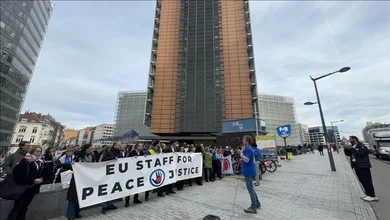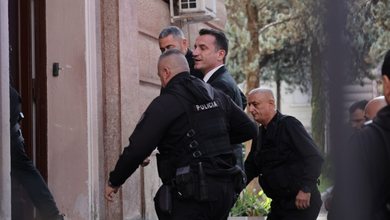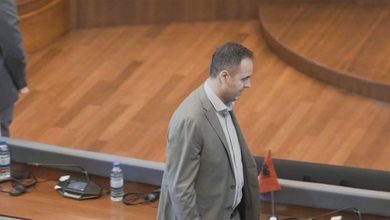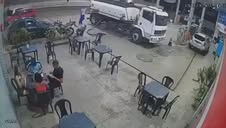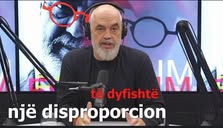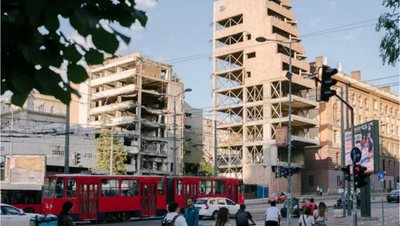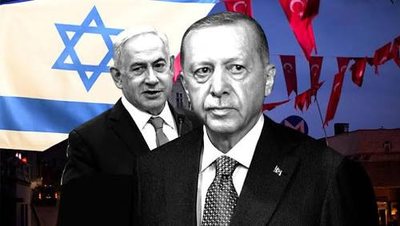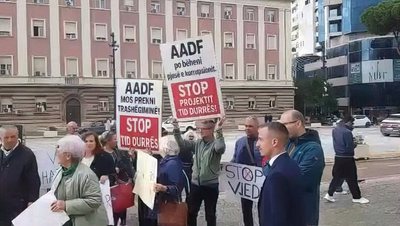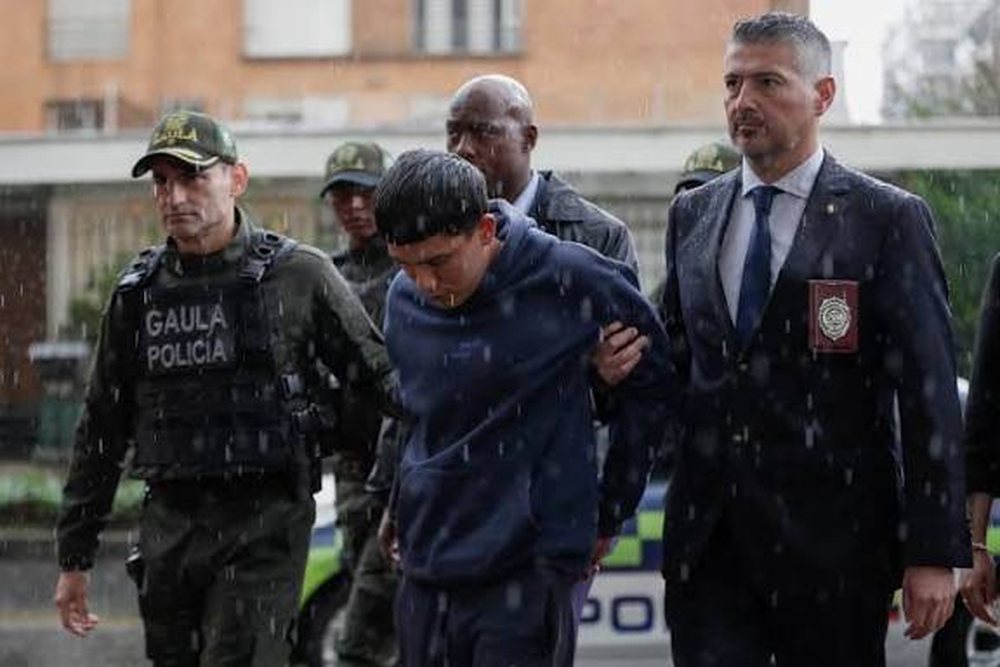
Spanish police have discovered and smashed the first cell of the notorious Venezuelan gang "Tren de Aragua" on Spanish territory, arresting 13 people in a wide-ranging operation that took place simultaneously in five cities in the country.
According to the official announcement of the national police, the arrests were made in Barcelona, Madrid, Girona, A Coruña and Valencia, following a long investigation into the criminal group's alleged attempts to expand its operations in Europe. The investigations had begun several months ago, after Spanish authorities had noticed coordinated movements of gang members in several areas of the country, including urban centers where the Venezuelan community is among the largest in Spain.
During the raids, law enforcement seized significant quantities of synthetic drugs and cocaine, as well as an organized marijuana plantation on the outskirts of Valencia. Two laboratories producing “tusi,” also known as “pink cocaine,” were also discovered – a strong psychoactive substance that has become a symbol of the illegal “Tren de Aragua” trade in Latin America.
Today's operation comes a year after the arrest in Barcelona of the brother of the alleged gang leader, who, according to authorities, was trying to create a stable network in Spain for drug trafficking and extortion.
Police sources said the uncovered cell had begun to build a hierarchical structure similar to the model of the parent organization in Venezuela, with separate roles for drug distribution, money collection and recruitment of new members. Investigators suspect the group had links to other criminal networks operating in Central America and Europe, using Spain as an entry point for drug trafficking.
The Tren de Aragua is one of Latin America's most violent transnational criminal networks. Originally formed in Venezuelan prisons, the gang has rapidly expanded into neighboring countries such as Colombia, Peru, Chile and Ecuador, and has now, according to Spanish authorities, attempted to establish a base in Europe.
It is involved in drug trafficking, human trafficking, extortion, forced prostitution, and contract killings, becoming a serious threat to regional security.
Earlier this year, the United States classified "Tren de Aragua" as a global terrorist organization, arguing that its structure and activities pose an international threat to security and public order.
Spanish authorities are expected to continue investigations in collaboration with international security agencies and INTERPOL, to identify other possible networks linked to this organization on European territory.




